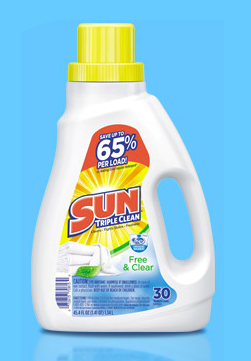lordkenmore
Well-known member
I've wondered off and on about using cheap detergents like Sun or even Xtra for hand & bath towels. Yes, I've heard such detergent aren't particularly great. But I hypothesize that one really doesn't need much cleaning power for bathroom towels. And someone cost conscious like me might argue: why use more detergent power than you really need, since more detergent power = higher cost?
But past this... I'm wondering if theoretically such detergents wouldn't potentially rinse out more easily than high end detergents, since, presumbably, the formulae used at the low end are likely to be very simple, with no "miracle" substance to give 2 years of scent retention or whatever.
I'm idly wondering if anyone here has any experience with cheap detergents and towels.
I could probably do my experiments--but it's one of those things I don't get around to doing. Plus, being forced to be frugal, I'd hate to spend even $2 on detergent for an experiment, only to have it fail, and have a mostly full jug of detergent I'll never use...
But past this... I'm wondering if theoretically such detergents wouldn't potentially rinse out more easily than high end detergents, since, presumbably, the formulae used at the low end are likely to be very simple, with no "miracle" substance to give 2 years of scent retention or whatever.
I'm idly wondering if anyone here has any experience with cheap detergents and towels.
I could probably do my experiments--but it's one of those things I don't get around to doing. Plus, being forced to be frugal, I'd hate to spend even $2 on detergent for an experiment, only to have it fail, and have a mostly full jug of detergent I'll never use...



